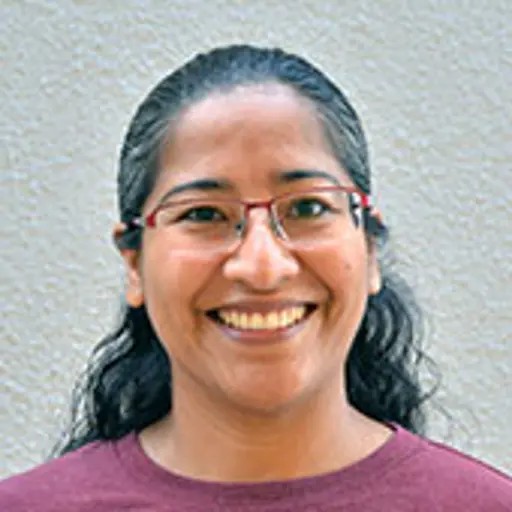Speaker: Tetsunari Inamura, Professor, Brain Science Institute, Tamagawa University, Japan. Organised by: CHAIR theme AI and Robotics for Health and Rehabilitation.
Overview
- Date:Starts 8 December 2023, 10:00Ends 8 December 2023, 11:00
- Seats available:30
- Location:E2 Room 3364, EDIT-rummet
- Language:English
- Last sign up date:1 December 2023

Abstract, Tetsunari Inamura:
Developing physical support devices and rehabilitation systems for nursing care is one of the promising application fields of intelligent robots. Discussions of conventional research focused on the quality of physical support and users' motion performance. Though the user care from cognitive and mental aspects were the roles of physical therapists and medical personnel, the integration of physical and cognitive support is required for assistive AI robots in the next generation.
To deal with this big challenge, I am focusing not only on improving motion performance, but also improving the strength of the users' belief that "I can do it by myself", by focusing on the psychological concept named self-efficacy. The presentation will introduce the possibility that elements such as intervention to the sense of agency, by changing the assistive robot's control parameters, and creating a virtual success experience by adjusting the task difficulty in virtual reality, contribute to improving users' self-efficacy.
In addition, the presentation will touch on an integration system of VR and digital twins that streamlines human-robot cooperative systems, as a technological foundation to support the realization of such an assistive system.
Bio:
Tetsunari Inamura received his B.E., M.E., and Ph.D. degrees from the University of Tokyo, Japan, in 1995, 1997, and 2000, respectively, focusing on realizing a human-robot interaction system for personal robots. He was a Researcher of the CREST Program, Japanese Science and Technology Cooperation, from 2000 to 2003, and then joined the Department of Mechano-Informatics, School of Information Science and Technology, University of Tokyo, as a Lecturer at JSK lab., from 2003
to 2006. He was an Associate Professor with the Principles of Informatics Research Division, National Institute of Informatics, and an Associate Professor with the Department of Informatics, School of Multidisciplinary Sciences, The Graduate University for Advanced Studies, SOKENDAI, Japan, from 2006 to 2023.
He is now a professor at the Advanced Intelligence & Robotics Research Center, Brain Science Institute, Tamagawa University, Japan. His research interests are multifaceted, learning from human demonstration, symbol emergence in social robots, quality evaluation of human-robot interaction, human-robot interaction using virtual reality, and affective computing for assistive robots. He has recently been appointed as a co-chair of the IEEE RAS Technical Committee on Cognitive Robotics, underlining his commitment to advancing the field of cognitive robotics. Furthermore, he is well known for organizing the RoboCup@Home simulation competition, an initiative that promotes the development of cognitive human-robot interaction systems.

AI and Robotics for Health and Rehabilitation
AI and machine learning (ML) have tremendous potential for improving the healthcare system by standardizing care across health providers while personalizing it to individual patients.
